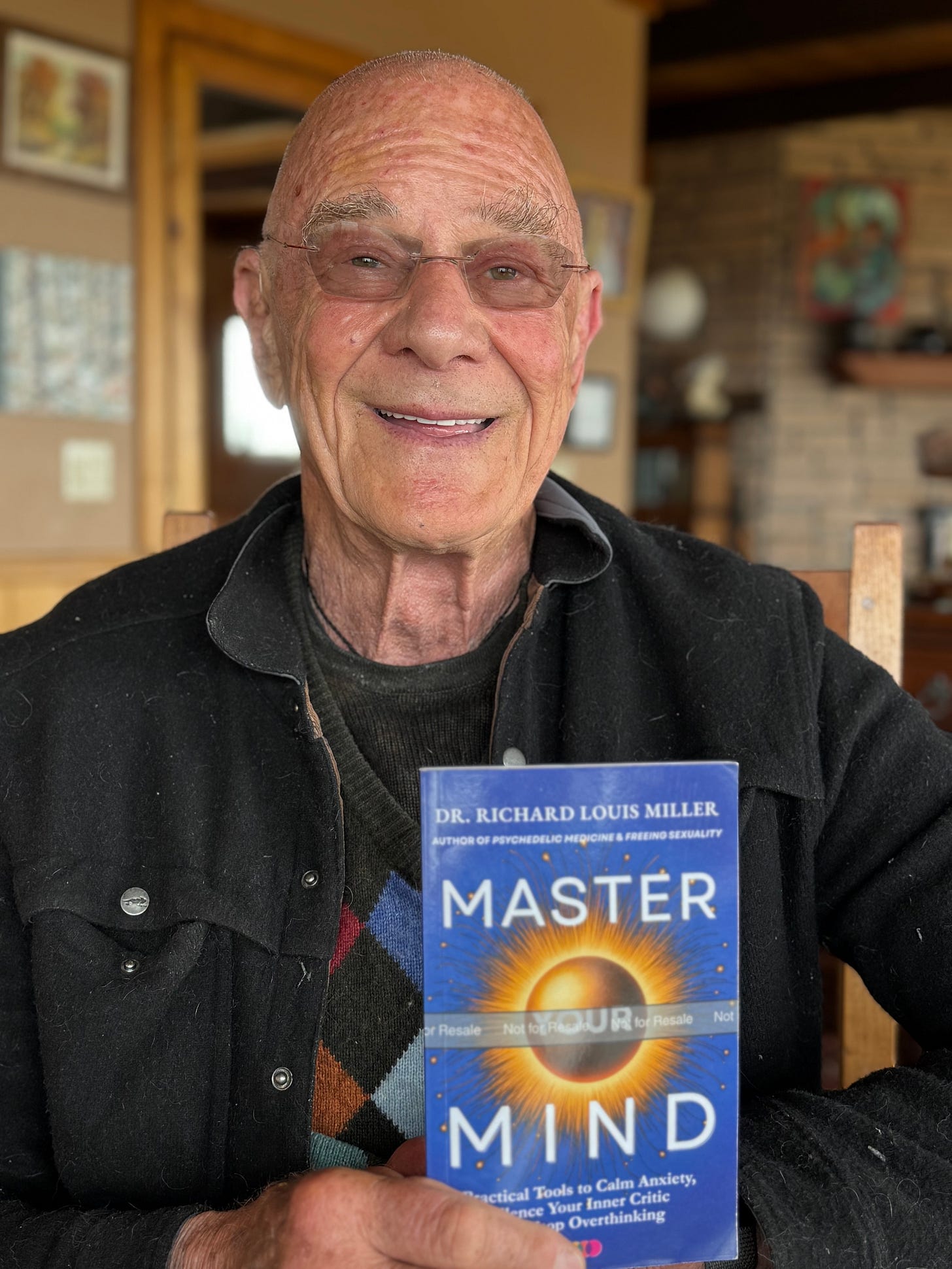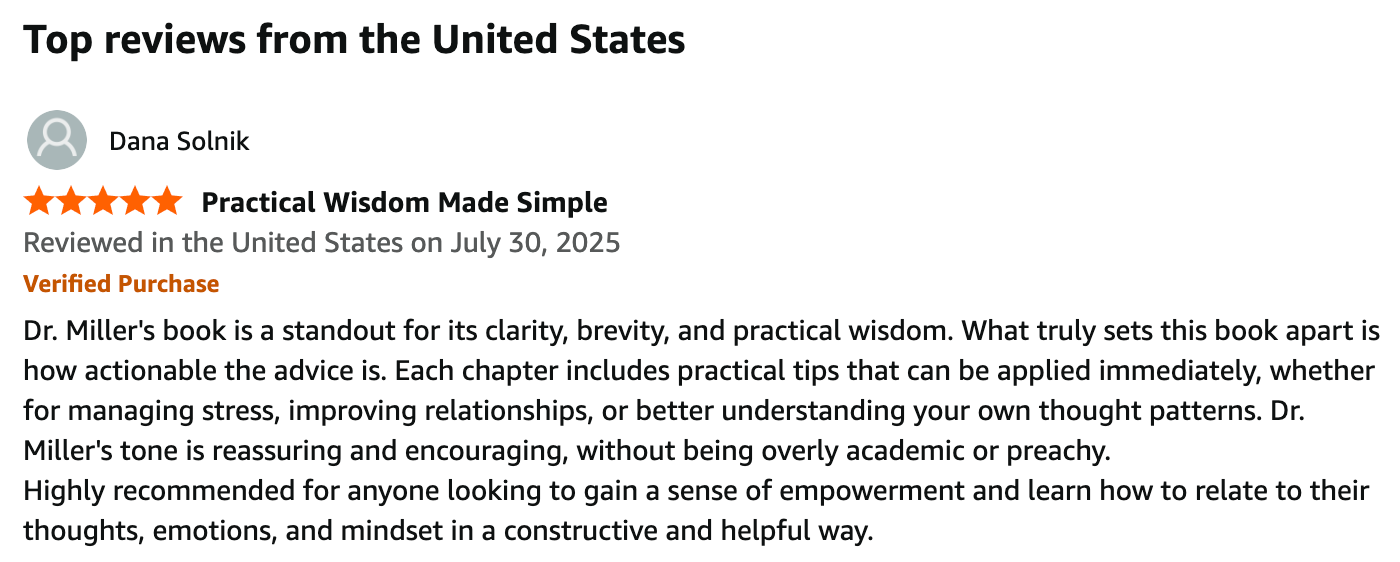When breathing saved my life (and can save yours)
Why I was still conscious when I should have been dead
Dear friends,
When that Winnebago ran over me and crushed both my legs on the Pacific Coast Highway, I had maybe 90 seconds before shock would take over. No time for lengthy meditation. No opportunity for complex techniques. Just breath—conscious, directed, life-saving breath.
The paramedics later told me that most trauma victims in my condition arrive either dead or in full shock. They found me calm, coherent, and physiologically stable. The difference? Years of practicing what I call conscious breathing—the same technique I'm sharing with you today.
Your Hidden Control Panel
Your breath is unique in human physiology. While you can't directly command your heart to slow or your stress hormones to decrease, you can easily control your breath. And your breath directly influences which nervous system branch dominates.
Think of your body as having a gas pedal (fight-or-flight) and brake pedal (rest-and-digest). Slow, deep breathing immediately activates your brake pedal—creating calm, clarity, and physiological stability in under a minute.
The Technique Itself
Sit comfortably with one hand on your chest, one on your belly. Close your eyes and locate your diaphragm by gently pushing your belly out, then pulling it in—no breath yet, just movement.
Now add breath: belly expands on inhale, falls on exhale. Keep your chest relatively still while your belly hand rises and falls rhythmically. Extend your exhale slightly longer than your inhale.
The key is "small and gentle" rather than "deep and forceful." You're creating waves, not tsunamis.
Practice this for 60 seconds, multiple times daily. Link it to existing routines—after pouring coffee, before starting your car, while waiting in line. These micro-practices accumulate into major transformations.
Beyond Routine Practice
Conscious breathing becomes your first line of defense when anxiety strikes, emotional triggers threaten to hijack your behavior, or genuine crisis hits. At the first sign of that familiar tightness or racing thoughts, immediately shift to conscious breathing.
I tell my patients there's nothing wrong with taking a pause. Say, "Excuse me, I'd like to just pause here for a moment and breathe." No reasonable person will fault you for this self-awareness.
As I recovered from that accident—eventually completing two triathlons within two years—I realized something profound: we can generate our own internal medicine. This breathing technique, born from desperation in a crisis, has since helped thousands transform their internal landscapes.
The complete system I've developed over 65 years includes this breathing foundation plus six additional techniques for mastering your thoughts, emotions, and internal state. These aren't just theories—they're life-tested tools that work when everything is on the line.
My new book "Master Your Mind" contains everything you need to transform your relationship with anxiety, self-criticism, and overthinking. If you’re interested, you can find the book here.
Golden light,
Dr. Richard Louis Miller
Master Your Mind - #1 New Release
Thank you to everyone who has supported my new book, Master Your Mind, which debuted as the #1 New Release in the Meditation category.
The reviews are already coming in, and I wanted to share one that captures what this book is all about:
If you’ve read the book, I would be deeply grateful if you could leave your own review. Reviews make a tremendous difference in helping others discover this work.
As a thank-you, if you purchase the book and leave a review, I’ll gift you a complimentary 30-day subscription to my premium newsletter and exclusive content library. Just reply to this email letting me know you’ve done so (I trust you), and we’ll get you set up right away.
The paperback is still available for the discounted launch price of $14.95.



Have been a spiritual person all my life. Received major head trauma from a cycling accident training for a biathlon. Realized Western medicine was lacking in healing brain trauma. That got me into yoga. Several years later was in another motorcycle accident. The moment I impacted the ground I began ujayyi breathing and scanning my body to sense the extent of my injuries, By the time the paramedics arrived, I was relaxed enough to feel their tidal wave of adrenalin come into the space when they entered. Yes, what you say is spot on....
Maurice, thank you for sharing such a great story. Perhaps you’d like to participate in a book I’m working on